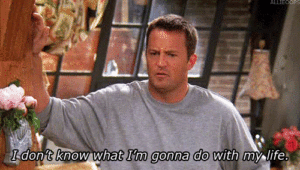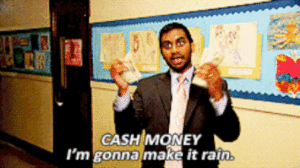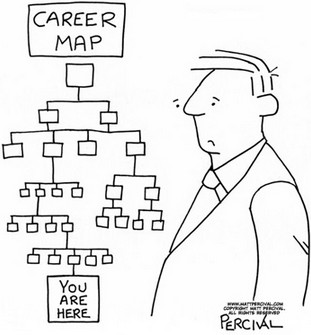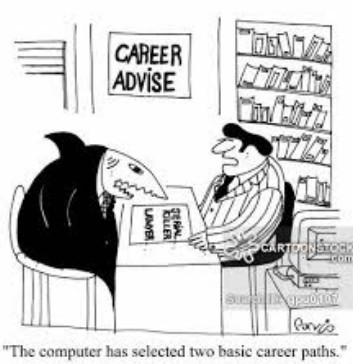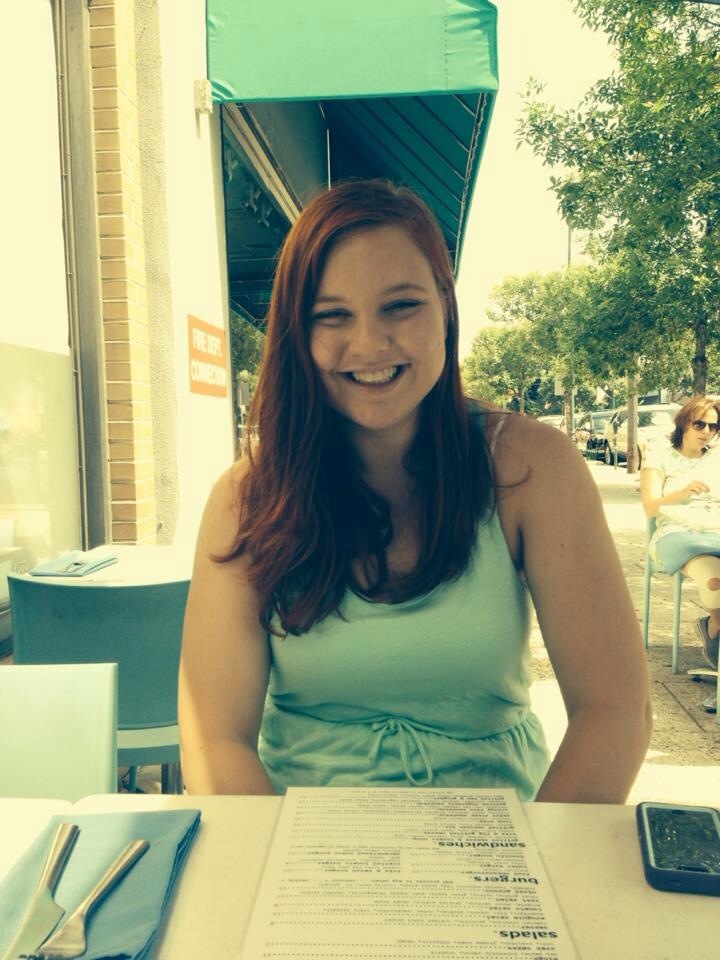There are few things I wish for more in life than the ability to go back in time. I mean, to see other time periods would just be cool. I wouldn’t want to stay there for more than a day of course; I really enjoy basic twenty-first century things like not having smallpox and voting rights. But still, I would enjoy seeing past time periods, in past worlds, and talking to my past self. If I could go back in time and talk to my high school self, the first piece of advice I would immediately give would be “Stop plucking your eyebrows so that you look constantly surprised. It is the worst.” This was a trend that went on far too long into my teenage years, and images from this time period will cause me increased anguish for years to come.
Upon leaving the aesthetic ballpark (for which a lot could be said- “go on Accutane sooner, stop doing bottom eyeliner, stop wearing strange graphic tees”), my advice would veer into deeper musings about myself. As a teenager, I didn’t have a lot of confidence in myself. I knew I liked writing, but I didn’t have enough passion to pursue it, and I even forced myself to stop writing creatively at one point because I thought it was impractical. In this field, I would give myself the advice to write even when it’s hard, because even if no one really cares now, people will care in the future. I would emphasize that writing is a craft, not just some emotional outlet that involves spewing words onto paper, and that working on this craft can be soothing and confidence building. Even if no one’s going to read it, I would encourage myself to write personal essays about my experiences, and to not be so damn down about my lack of experiences.
I would encourage myself to read more; I liked reading a lot as a kid, and I stopped doing it in my teenage years in a strange fear that it would make me “lame.” I would tell myself to stop worrying about being “lame,” because by the time my high school career ends, everyone will think I’m weird for going off to a college of 950 women across the country that no one’s ever heard of regardless, so I might as well do whatever I want.
I would also tell myself to stop telling everyone that I’m going to major in International Relations, and that in my first semester of college I was going to take an Intro to International Relations class and consequently hate it, and then I’ll have to go back to my hometown and tell everyone that I am no longer majoring in International Relations. I would tell myself that English is a perfectly acceptable major, and also that learning is cool, and that I should stop hanging out with those kids that talk about smoking weed all the time when I don’t even smoke weed. Furthermore, I would tell myself to be friends with the people I was friends with my senior year sooner.
But most of all, I would assure myself that things were going to be alright. Even in the summer leading up to college, I was panicking about not having friends at Scripps, about being homesick, and pursuing my major being a waste of money. I still take time now to reflect on how panicked I was, and how relieved I am that now, everything’s okay.

 What’s your major? If you’re a sophomore, or even a first year, not only are you likely to hear this questioned, but you also might not know how to answer it. Everyone has to choose a major at some point in their college career. At first, picking a major can be overwhelming because it feels like you are committing yourself to that subject for the rest of your college career. Many people start college intent on majoring in politics and end up changing to history or chemistry, where the major you started with and the one you ended with are often completely unrelated. What I have recently discovered is that even after you declare your major, you can still change it. It is a preconceived notion that once you declare, you cannot change your mind. What I am realizing more and more often, is that there are very few things you can get involved in that will not allow you to change your mind if you decide it’s not for you.
What’s your major? If you’re a sophomore, or even a first year, not only are you likely to hear this questioned, but you also might not know how to answer it. Everyone has to choose a major at some point in their college career. At first, picking a major can be overwhelming because it feels like you are committing yourself to that subject for the rest of your college career. Many people start college intent on majoring in politics and end up changing to history or chemistry, where the major you started with and the one you ended with are often completely unrelated. What I have recently discovered is that even after you declare your major, you can still change it. It is a preconceived notion that once you declare, you cannot change your mind. What I am realizing more and more often, is that there are very few things you can get involved in that will not allow you to change your mind if you decide it’s not for you. I came to Scripps intent on double majoring in biochemistry and English. After taking an extremely challenging course my first semester, entitled Introduction to Biological Chemistry, or IBC for short, I got a glimpse of what science would be like for the remainder of my time at Scripps, and what it would mean for me to, not only be a science major, but pursue another major on top of that. Recently, I have been questioning everything. Should I double major? Should I dual major? Should I just do a major and a minor? Hearing my advisor tell me that I could change my major, even after I declared, was such a relief. Even if it’s not ideal, it’s still possible, and that makes it feel a whole lot less binding. There seems to be a preconceived notion that you can’t change your major, which makes the whole process seem that much more intense and stressful.
I came to Scripps intent on double majoring in biochemistry and English. After taking an extremely challenging course my first semester, entitled Introduction to Biological Chemistry, or IBC for short, I got a glimpse of what science would be like for the remainder of my time at Scripps, and what it would mean for me to, not only be a science major, but pursue another major on top of that. Recently, I have been questioning everything. Should I double major? Should I dual major? Should I just do a major and a minor? Hearing my advisor tell me that I could change my major, even after I declared, was such a relief. Even if it’s not ideal, it’s still possible, and that makes it feel a whole lot less binding. There seems to be a preconceived notion that you can’t change your major, which makes the whole process seem that much more intense and stressful.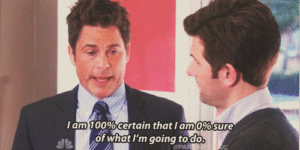 The truth is, it’s okay to not know what you’ll major in, or what you want to do in the future. The beauty of going to a liberal arts college is that you have the opportunity to take classes in so many different disciplines, and at the other colleges, that you can figure out what you like and what you don’t like. In addition, there are so many events and opportunities for internships and other jobs that might open a door to something that you end up falling in love with. On the other hand, if you are set on one specific major or field of study, it is important to keep your options open and be willing to fall in love with something new.
The truth is, it’s okay to not know what you’ll major in, or what you want to do in the future. The beauty of going to a liberal arts college is that you have the opportunity to take classes in so many different disciplines, and at the other colleges, that you can figure out what you like and what you don’t like. In addition, there are so many events and opportunities for internships and other jobs that might open a door to something that you end up falling in love with. On the other hand, if you are set on one specific major or field of study, it is important to keep your options open and be willing to fall in love with something new.